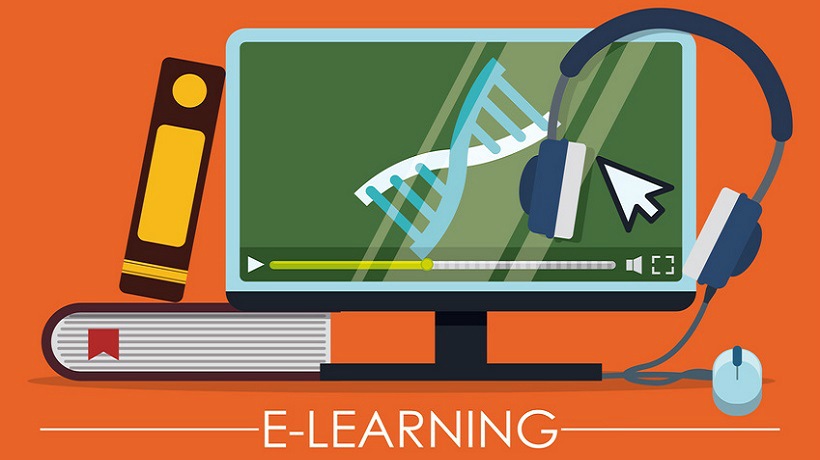What is a Virtual Classroom?
Virtual classrooms are online classrooms or conference rooms available through an internet connection and a desktop or mobile computer. A virtual classroom is used to
- facilitate peer-to-peer meetings and discussions,
- social learning,
- a variety of training,
- collaborative work on professional and academic projects.
Virtual classrooms help bridge geographical boundaries, foster relationships throughout the world, and helps reduce time zone constraints. Whether one participates on a mobile device or at a personal computer at home or office, the objective of the virtual event is conveniently achieved. Let’s not forget the key function that is necessary to ensure the success and effectiveness of virtual classrooms event is the planning and preparation that is done before the event is hosted.
A vast selection of virtual classroom platforms are available today in the eLearning (electronic learning, learning delivered through an electronic device such as a computer), Distance Education, and mLearning (mobile learning, is learning that is delivered via a mobile device) online space. Many virtual classroom or conference room provides offer free trials, demo or evaluation of the software that can range from a 14-day to 30-day period. At the end of the trial, demo or evaluation run, you can choose to purchase the full service in order to access the complete features and benefits of the platform. Signing up for the trials is an excellent opportunity to test different virtual classroom software at no cost while making the decision to purchase one that is aligned with your needs in terms of features, functions and ease of use and budget. Support and tutorials (how to navigate around the software features, functions and technicalities) are always available during both the free trial and paid subscription period.
How To Moderate A Virtual Classroom Event?
Moderating a Virtual Classroom event , commonly known as webinar, involves two phases:
- Phase one, planning and preparing (pre-work) to moderate the Virtual Classroom event; and
- Phase two, moderating (hosting) the Virtual Classroom event.
A successful Virtual Classroom event depends largely on the level of pre-work that is done prior to actually engaging in phase two, which is, actually moderating the online event. The role of the e-Moderator is to ensure that all aspects of the pre-work of the virtual event are done.
The 16 Tips were conceived with the e-Moderator in mind to serves as a useful tool and consultative guide during the planning and preparation (pre-work) phase of the Virtual Classroom event. It can be used by novice and professional e-Moderators and e-Facilitators, team leaders, project managers, eLearning designers and developers and anyone wishing to develop their e-Moderating skills.
Following are the 16 tips that are essential for moderators to consider when planning and preparing to host a virtual classroom event:
- Tip #1: Assess your skills at moderating Virtual Classrooms events
- Tip #2: Assess your knowledge of the virtual event’s topic or subject
- Tip #3: Determine the objective of the virtual event
- Tip #4: Assess your skills and experiences with features and functions of the Virtual Classroom software
- Tip #5: Invite a Guest Speaker such as a Subject Matter Expert (SME)
- Tip #6: Assess the Guest Speaker or SME’s familiarity with the features and functions of the Virtual Classroom Software
- Tip #7: Determine the system requirements such as versions of: Windows, Mac, Linux etc. needed to participate in the event
- Tip #8: Prepare a tentative agenda (subject to modification) when more is known about the participants
- Tip#9: Send out an invitation to potential participants (invitations can be prepared directly from the Virtual Classroom Software)
- Tip #10: Promote the event via email and Social Networks
- Tip #11: Assess the participants’ knowledge of the event’s subject or topic
- Tip #12: Assess the participants’ familiarity with the features and functions of the Virtual Classroom Software
- Tip #13: Arrange a Virtual Classroom orientation prior to the event for the participants who are not familiar with the software
- Tip #14: Go through the event requirements checklist
- Tip #15: Revise the event’s agenda according to the particularities of the registered participants
- Tip #16: Send out at least three scheduled reminders to registered participants
The 16 tips presented here are by no means a complete or an exhaustive list. Please feel free to incorporate your own tips drawn from your experiences and insights when planning your virtual events to ensure the greatest impact and keep your participants engaged throughout the event.









